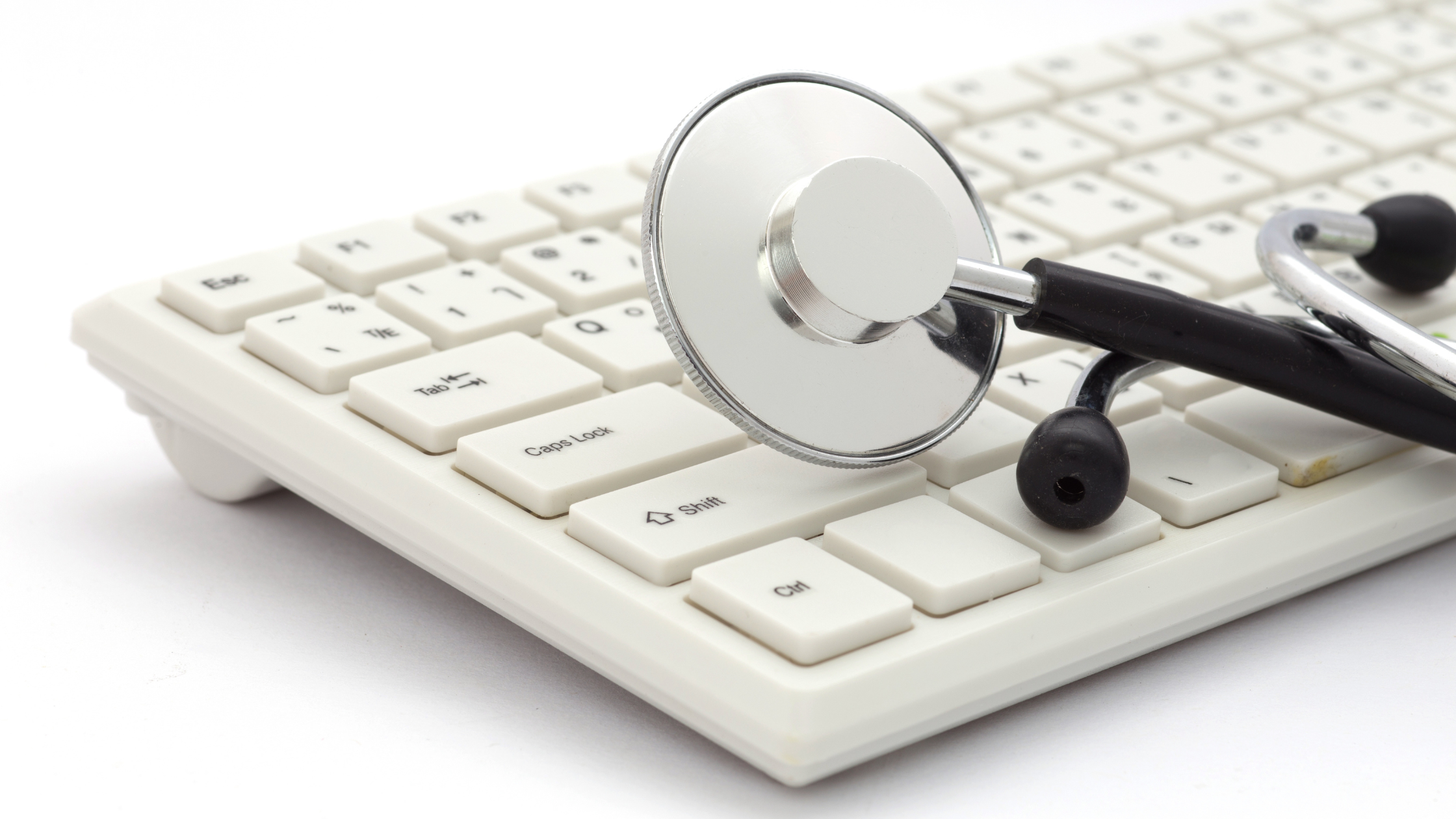In today's intricate healthcare landscape, efficient medical billing is indispensable for the financial health of any practice. With the complexities of insurance regulations, coding requirements, and constant updates in healthcare laws, many healthcare providers opt to outsource their medical billing tasks to specialized companies. However, selecting the right medical billing company is crucial for ensuring accurate reimbursements, maintaining compliance, and enhancing overall practice efficiency. When choosing a medical billing company, it's important to consider several key factors. Here are some things to keep in mind:
Industry Experience and Reputation
Assess the company's experience and reputation in healthcare. Select established companies with a track record of success specializing in medical billing for your specialty. Verify client testimonials, case studies, and industry certifications.
Billing Process and Technology
Evaluate the billing process and technology employed by the company. A reliable medical billing company should utilize advanced billing software and technologies to streamline processes, ensure accuracy, and expedite reimbursements. Inquire about their claim submission, denial management, and revenue cycle management approach.
Compliance and Security Measures
Following healthcare regulations is mandatory, including the Health Insurance Portability and Accountability Act (HIPAA). The medical billing company is committed to protecting patient data and preventing potential breaches by adhering to strict compliance standards. You can verify the company's efforts to safeguard patient data by asking about its security protocols, data encryption practices, and compliance certifications.
Transparency and Communication
Ensuring clear and transparent communication is crucial when partnering with a medical billing company. Look for a company that keeps its communication channels open, shares regular updates on billing activities, and offers access to real-time reporting and analytics. The availability of clear communication channels helps to facilitate collaboration and enables you to keep track of your practice's financial health.
Billing Expertise and Specialization
Different medical specialties have unique billing requirements and coding nuances. Choose a medical billing company specializing in your specific practice area to ensure accurate coding, maximum reimbursements, and minimal claim denials. Ask about their experience handling claims for similar practices or specialties.
Cost Structure and Return on Investment (ROI)
When assessing a medical billing company's cost structure, prioritize the quality of service and value over price alone. Evaluate the potential ROI and consider percentage-based fees, flat-rate pricing, and additional software, training, or support charges.
Scalability and Flexibility
As your practice grows or changes, scalability and flexibility become critical considerations. Choose a medical billing company capable of accommodating your evolving needs, whether it's scaling up services, integrating with new practice management systems, or adapting to changes in billing regulations.
Customer Support and Service Level Agreements (SLAs)
Having efficient and quick customer support is vital to dealing with billing inquiries, resolving issues, and ensuring that your practice operations are not disturbed. It would be best to ask about the company's response times, service level agreements (SLAs), and escalation procedures for handling critical issues.
References and Due Diligence
Before finalizing your decision, conduct thorough due diligence and request references from current or past clients. Contact provided references for insights on experiences, satisfaction, and challenges working with the medical billing company.
Contract Terms and Exit Strategy
Carefully review the contract terms, including termination clauses and exit strategies, before signing an agreement with the medical billing company. Ensure the contract offers flexibility and protection if you need to transition to a different provider.
Selecting the appropriate medical billing company is crucial for your practice's financial stability and operational efficiency. Ensure you conduct comprehensive research to identify a trustworthy partner who can enhance your revenue cycle management and achieve long-term success in the healthcare industry.





